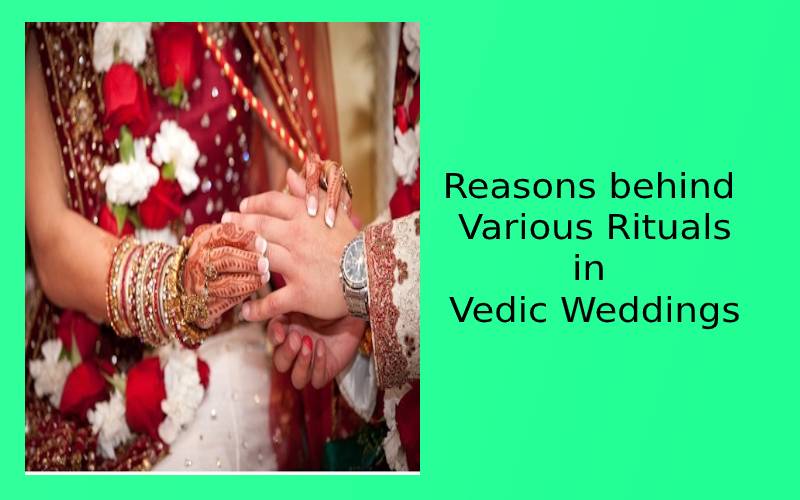
Marriage:
In Vedic Culture, marriage is looked upon not as an end in itself, but as a means for the inner growth of human personality. Human beings have a natural need for closeness and intimacy with the opposite sex, both at emotional and physical levels. Marriage provides an individual with an opportunity to form an intimate, committed relationship with another person so that it can facilitate each other's growth in the long run.
Marriage as a Commitment:
Marriage, being a major commitment, brings both pleasure as well as pain. The married couple is expected to complement, support, and nourish each other, as they perform their respective duties. In doing so, they are able to provide a healthy and secure environment to rear their progeny, and continue their family and race.
The core ceremony of the Vedic marriage is a prayerful ritual seeking the blessings of the Lord. In this marriage ceremony, the Sun and the five devatas are invoked to bear witness to the vows taken by the couple and shower their blessings on them. Thus, the commitment is a religious sacrament and not merely a legal contract between the bride and the bridegroom.
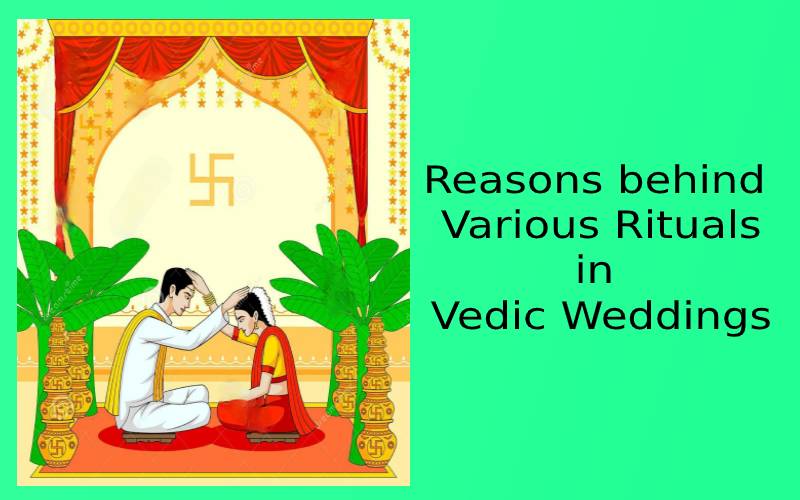
Marriage by Choice or Arrangement:
Most marriages in India are arranged marriages. However, marrying a person of one's choice is neither unknown nor unaccepted in the Vedic culture. In ‘Manusmriti' (an ancient text on ethical codes) both, my marriage by arrangement and by choice are regarded as legal and acceptable.
In both types of marriages, what is common is the unknown future. What makes it possible for a couple to weather the ups and downs of the daily course of life, is a total commitment to each other. When such a commitment is jointly pursued by the couple in personal life, married life becomes yoga, a means for spiritual growth.
The Significance of Marriage Rituals:
Sanatana Dharma attaches sanctity to the institution of marriage. The rituals and the Vedic incantations that go with it are extremely significant, designed as they are to ensure a happy, prosperous, and harmonious living of the couple. By way of offering a garland, the bride gives her heart and soul to the groom and identifies herself completely with him. She is exhorted to follow her spouse, like his shadow, in treading the path of righteousness. She is called upon to stand by him with rock-like firmness, through thick and thin lending him full support to face the vicissitudes in life.
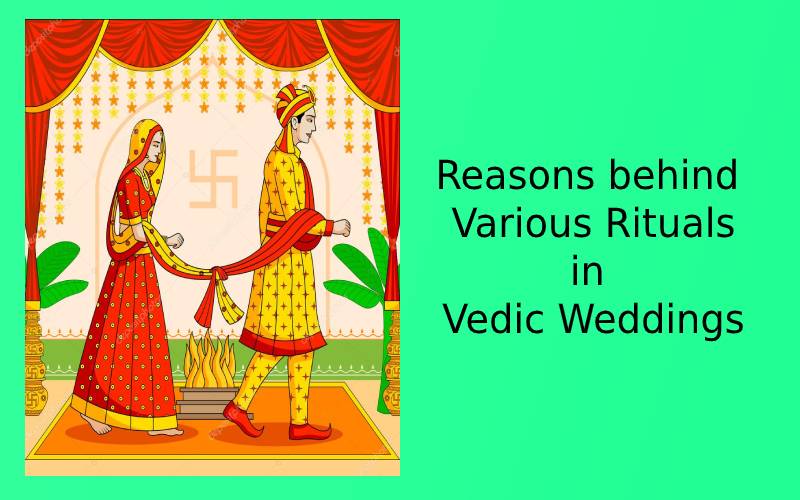
Vaak Dhanam – Betrothal:
Marriage is an interaction between not only two individual souls but also between the two entirely different families. The horoscopes or birth charts of the prospective bride and groom are matched and all other aspects like family, background, compatibility, etc. being fine, the marriage is formally fixed. Relatives of both the groups are invited and they bless the prospective couple for their happy married life. After this betrothal ceremony, both the parties to the marriage are supposed to keep up their commitments without any change. This betrothal is reconfirmed on the evening of the day before the actual wedding in the presence of the invited guests and relatives. The bride’s father promises to give his daughter to the prospective groom. After a good dinner, the proceedings for the day come to an end.
Prelude:
The rituals of the actual wedding day start with both the parties separately performing prayer to the Gods. By this, the bride, groom, and their parents purify and perform themselves for all the Vedic rites. Afterwards certain age old customs (not accompanied by Vedic mantras) like Kasi Yatra, Exchange of Garlands and Oonjal follow.
At the entrance of the marriage Hall, the invitees are received. It is not necessary that all invitees need to have good vibrations. There are chances that some invitees may not be happy about the marriage due to jealousy or other reasons. There’s every chance of this inner negativity causing an evil eye on the couple. To ward off this, rosewater is sprinkled, sandal paste, sugar, and some flowers are offered. This process also acts as a good form of reception. Nadaswaram (Mangala Vadhyam: Musical instrument played in temples and on auspicious occasions) is also played to avoid negative vibrations. Thus, positive vibrations are created bringing about a divine atmosphere during the marriage ceremony.
(Kasi Yatra, Exchange of Garlands, Oonjal, Kanyakaa Dhaanam… to be continued in the next issue).
NEXT ARTICLE
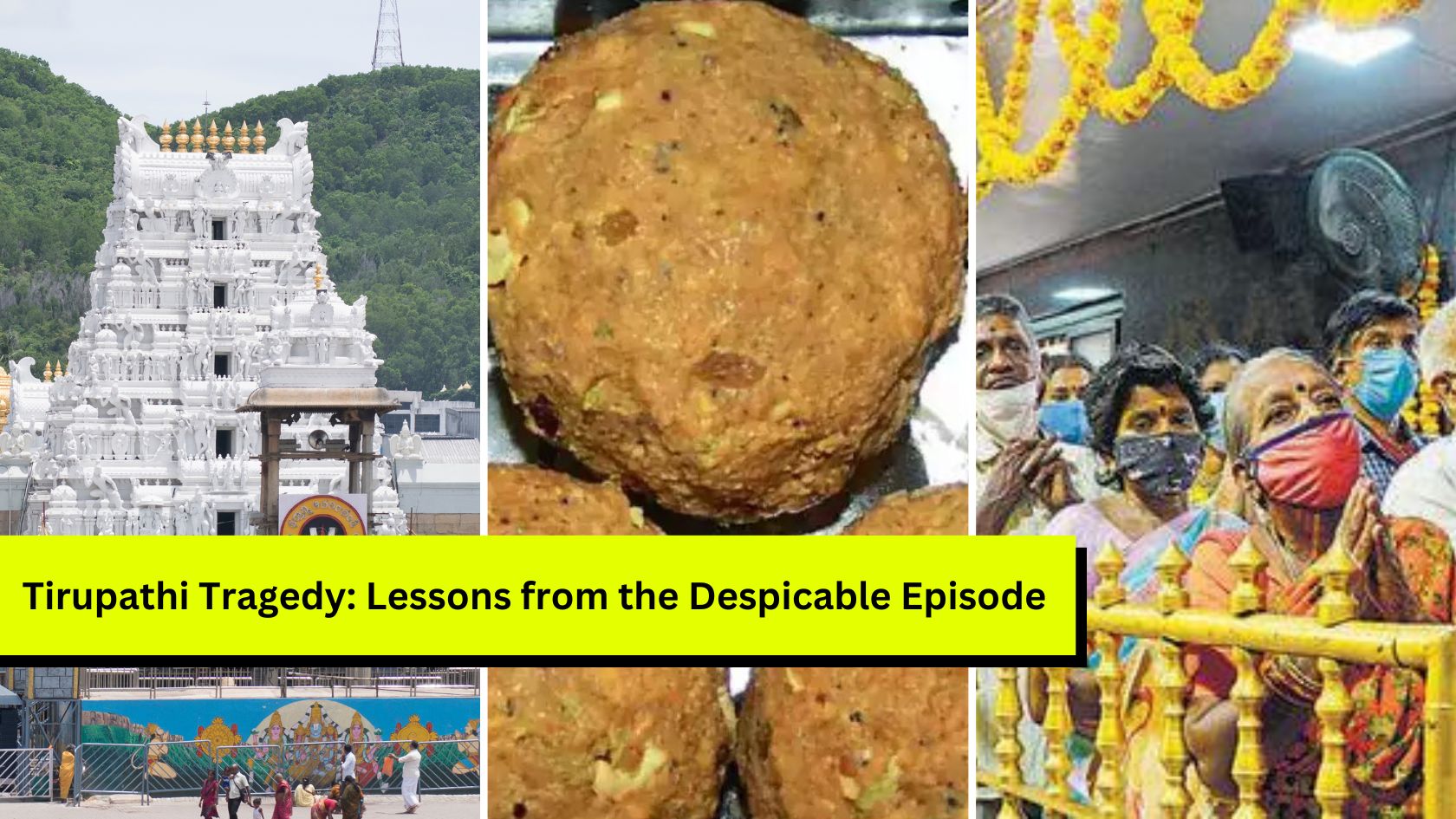
The Venkateshwara Swami Temple in Tirupati is among the holiest places in the world for Hindus. Millions of people throng the temple every year to get...
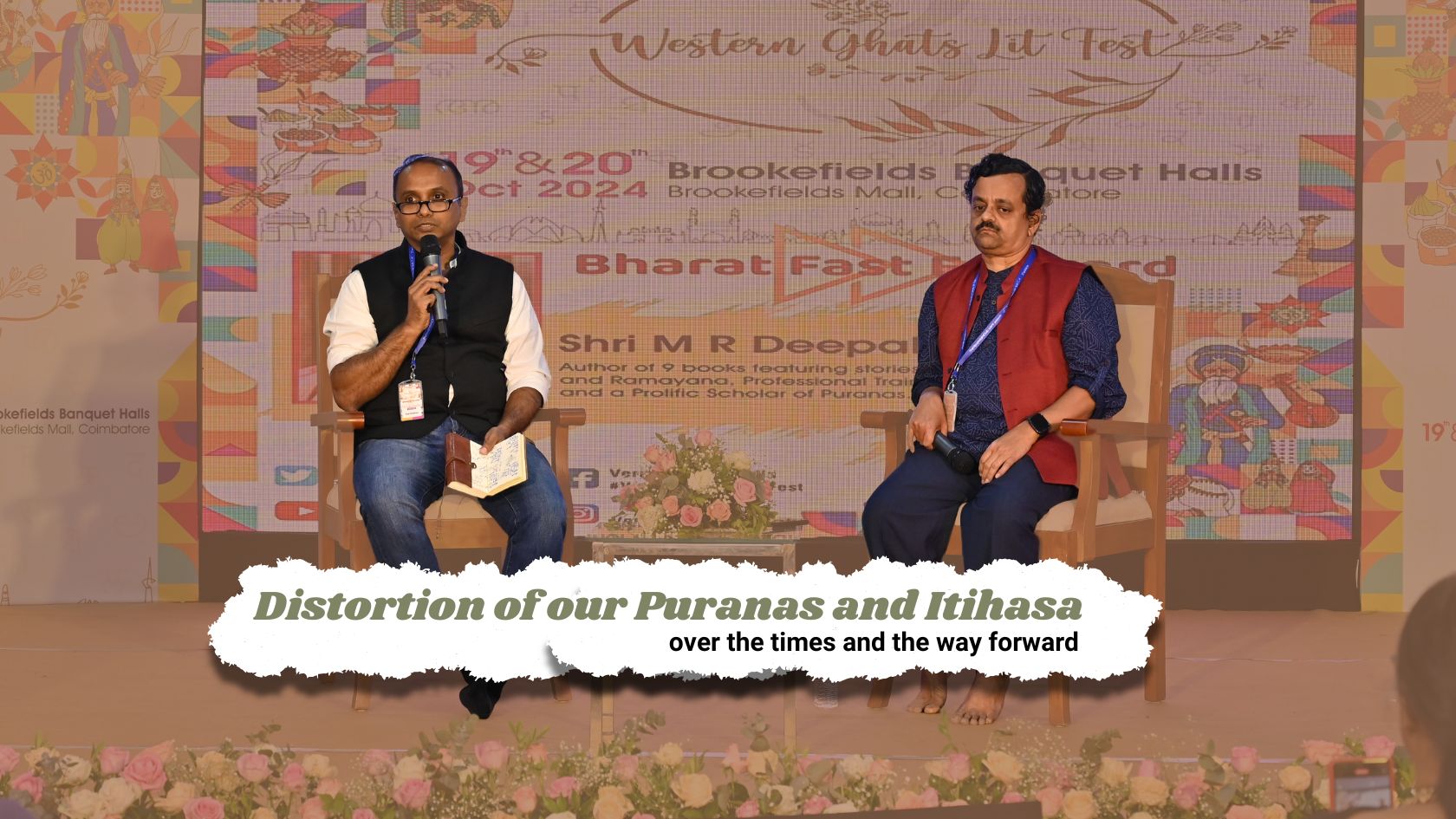
It is a sad reality that our Itihasa and Puranas have been subject to severe distortion over the years. This is not surprising considering how even th...
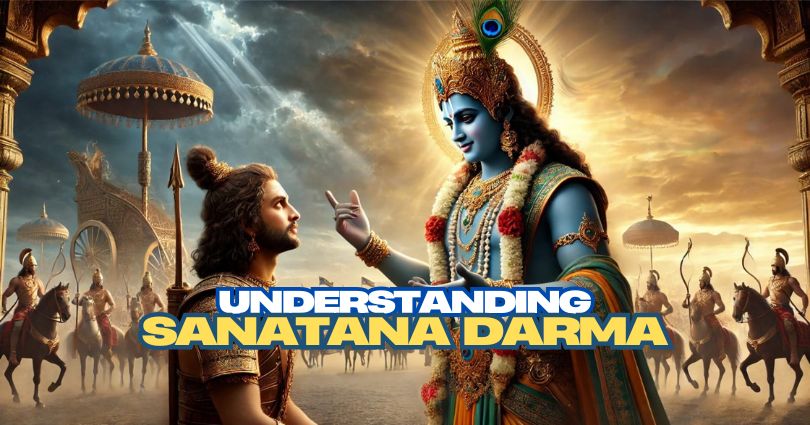
The holy land of Bharat follows Sanatana Dharma. The word Sanatana Dharma is a Sanskrit word meaning, “Eternal law”. It is the indestructible ultimate...